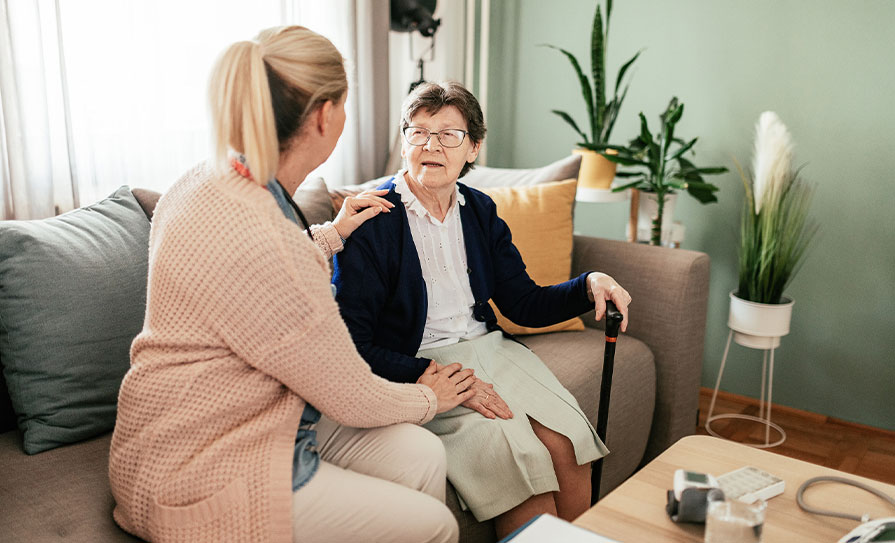Researchers at Lero, the Science Foundation Ireland Research Centre for Software, are playing a vital role in a €5.9m European-wide innovation project developing patient-oriented healthcare management for millions of older patients.
Researchers based at University College Dublin and Dublin City University (DCU) will co-design, test and prepare to deploy an innovative, cost-effective, patient-centred holistic health management system, known as GERONE, funded by the European Union’s Horizon 2020 research and innovation programme.
DCU’s Prof Regina Connolly said the five-year project aims to improve quality of life — defined as wellbeing on three levels, global health status, physical functioning, and social functioning — for older patients with cancer and other diseases, while reducing the overall costs of care.
“An ageing population has resulted in growing numbers of complex multimorbid chronic patients who require medical support. Therefore, modern medicine requires a novel, patient-centred attitude for more effective treatment options, lower costs and better decision-making.
“The goal is for specific recommendations to implement the proposed patient-centred intervention, which will be rolled-out in Ireland on the completion of the programme,” she added.
DCU’s Prof Anthony Staines said the standard of care is patient-centred integrated care, and GERONTE will provide invaluable information on how to do this and make it work.
“We need to learn how to bring in and change care pathways, and how to use technology to support these pathways of care for patients with complex needs,” he added.
The GERONTE multimorbid patient-centred system to be co-designed with patients, informal caregivers and health professionals proposes the following:
- Co-ordination of management by a patient-tailored, interdisciplinary health professional consortium (HPC), including hospital and home-based professionals, with a case manager.
- Timely registration of symptoms and patient-reported outcomes at home through a web-based app for the anticipation of avoidable adverse events.
- Proposal of self-management guidelines according to intrinsic capacity evaluation by geriatricians for patient-driven improvement of independent living.
- A structured collection of data from electronic health records into a dashboard made available to a HPC, patients and caregivers, thanks to its capacity to securely interoperate with all electronic health records, including software managing medical data.







